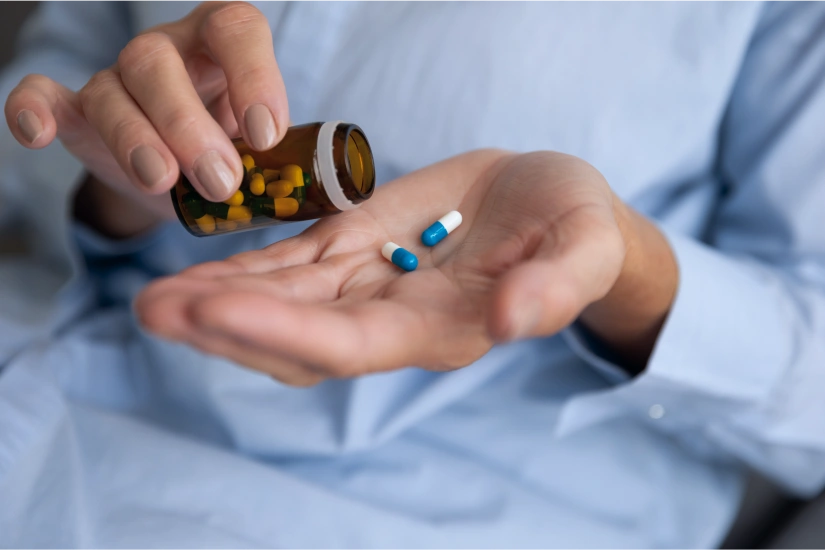24/7 Helpline:
(866) 899-111424/7 Helpline:
(866) 899-1114
Learn more about Bipolar Disorder Treatment centers in Pitkin County
Bipolar Disorder Treatment in Other Counties

Other Insurance Options

Oxford

Premera

Group Health Incorporated

WellCare Health Plans

BlueShield

Excellus

Health Net

Cigna

BlueCross

Evernorth

Optum

Aetna

Covered California

United Health Care

Humana

Medical Mutual of Ohio

Ambetter

Multiplan

GEHA

Holman Group




















Mind Springs Health
Mind Springs Health provides counseling and therapy for mental illness and substance abuse to indivi...















































